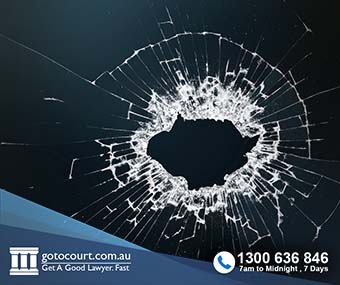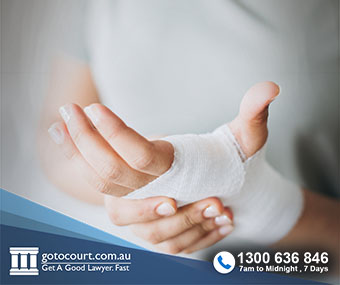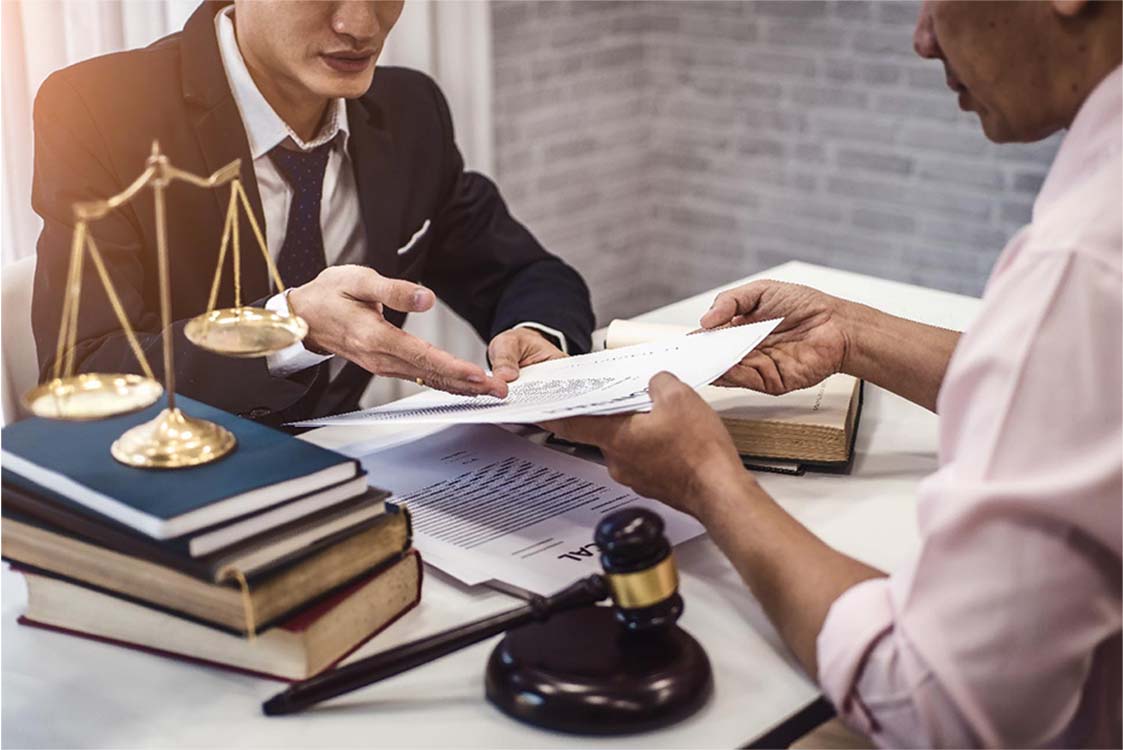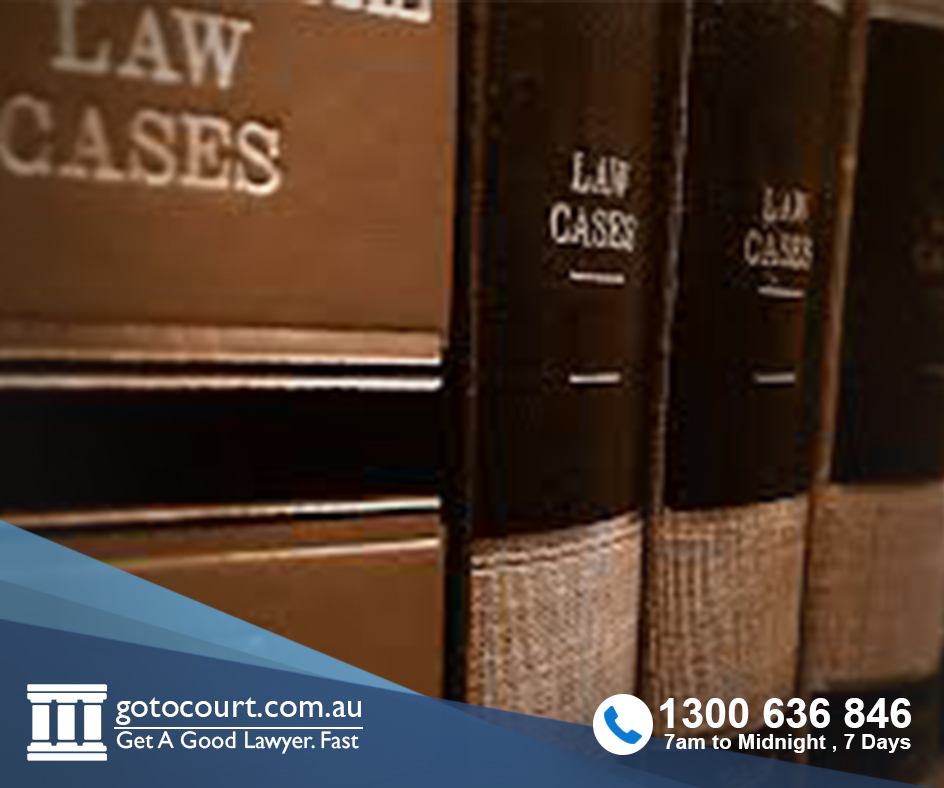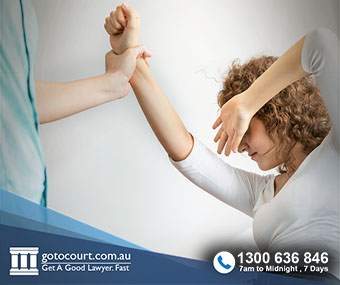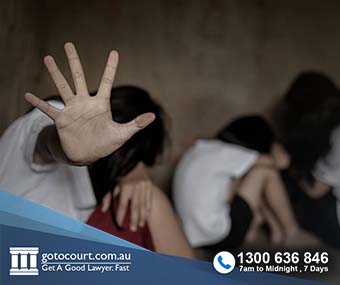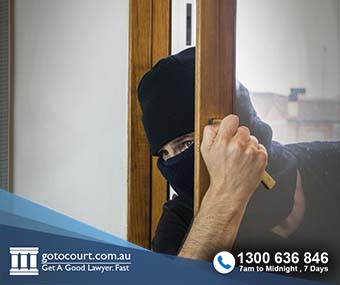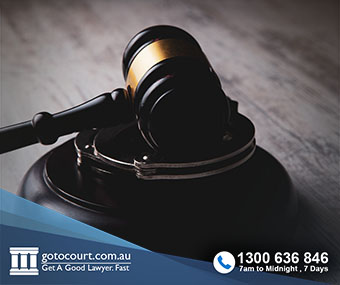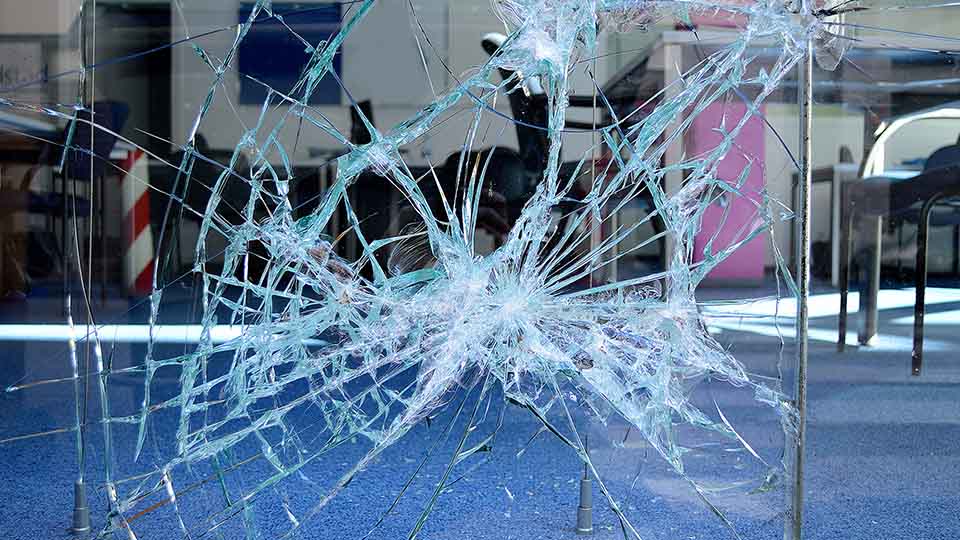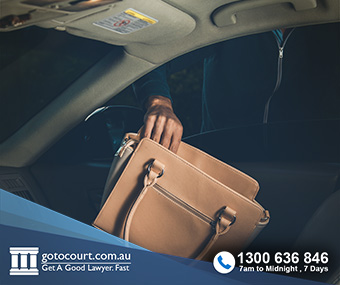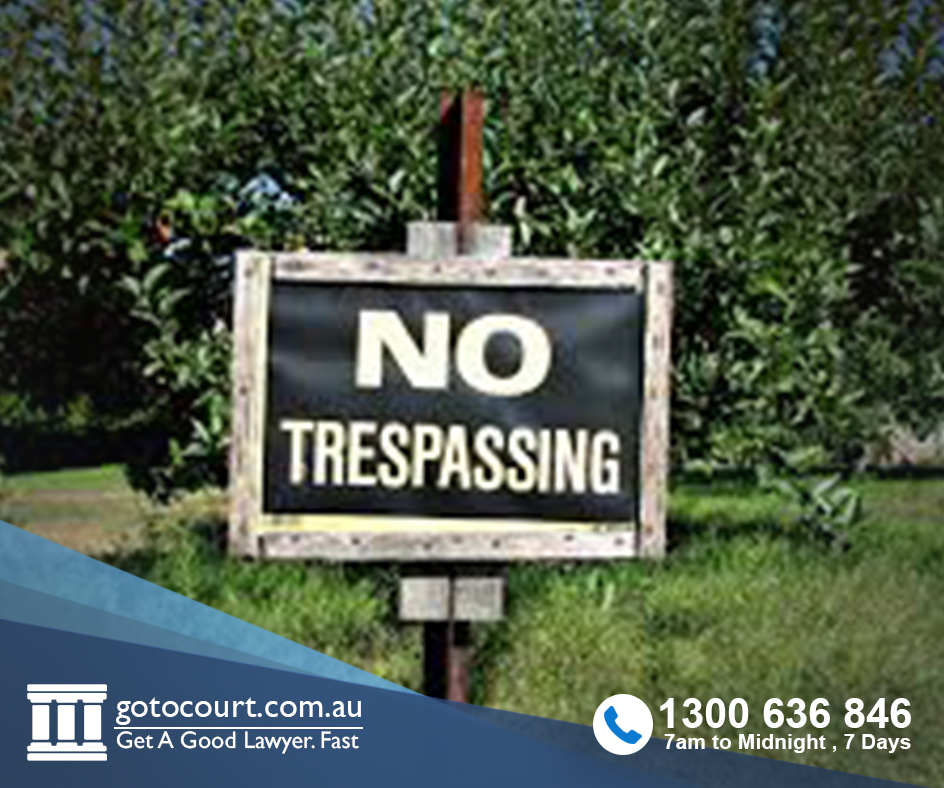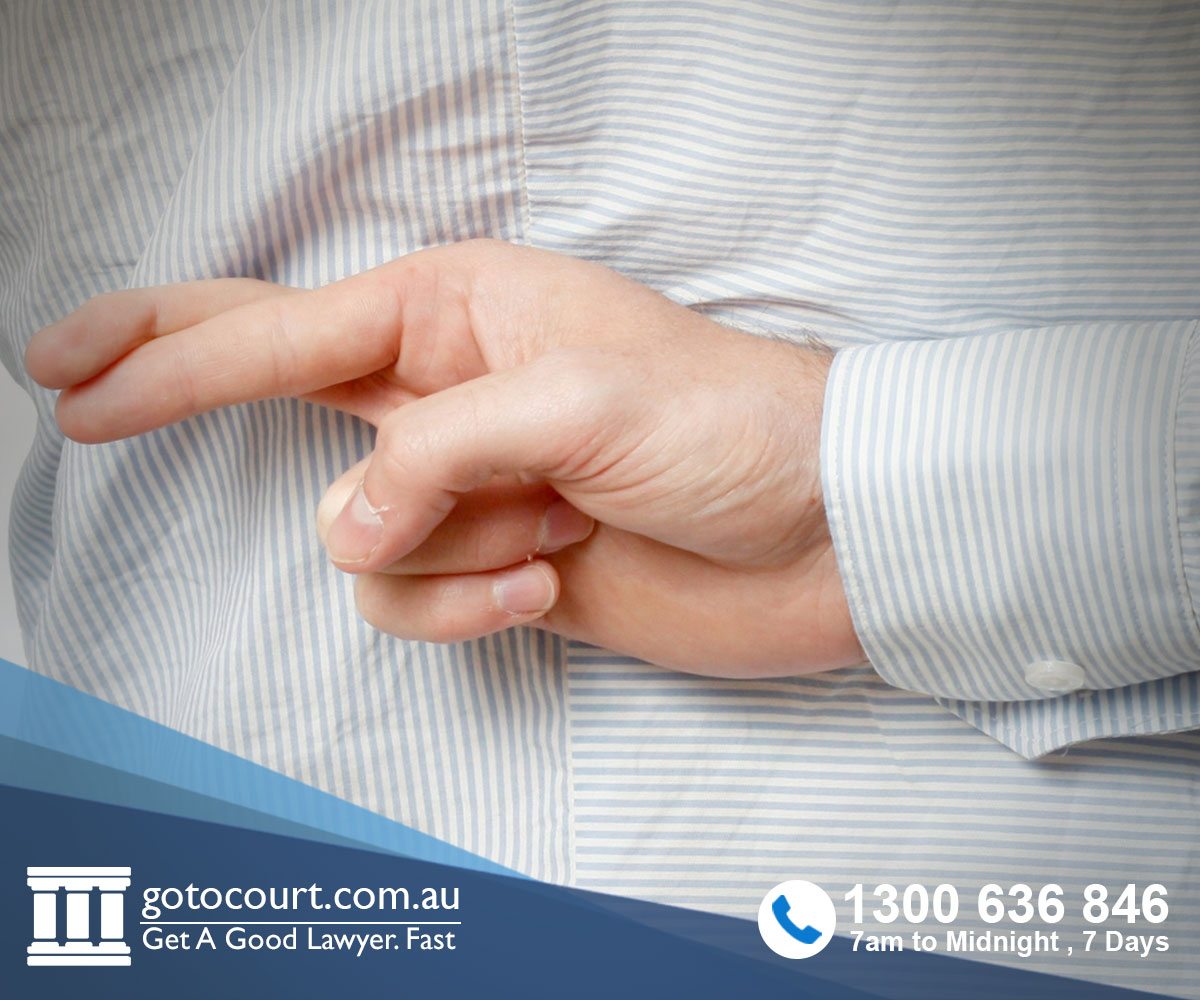Murder and Manslaughter (ACT)
Murder and Manslaughter (ACT)
In the ACT, murder and manslaughter are governed by the Crimes Act 1900. This page outlines the elements of these offences, the penalties that apply and the defences that can be relied on.
Murder
Murder in the ACT is set out in section 12 of the Crimes Act. It is defined as causing the death of another person intentionally or with reckless indifference to the probability of death or with the intention of causing serious harm.
Murder is punishable by imprisonment for life.
Manslaughter
Manslaughter in the ACT is set out in section 15 of the Crimes Act and encompasses any unlawful homicide that does not amount to murder.
Manslaughter in the Australian Capital Territory is punishable by imprisonment for 20 years.
Aggravated manslaughter occurs when the victim is a pregnant woman or where the victim is killed in circumstances of family violence. In those cases, the penalty increases to 28 years.
Defences
The Crimes Act and the common law provide a number of legal defences to charges of murder and manslaughter.
Partial defence of provocation
Under section 13 of the Crimes Act, a person facing a murder charge has a partial defence if their actions occurred under provocation. If a court finds that an accused person caused the victim’s death as a result of having lost their self-control because of provocative conduct by the deceased, they will be found not guilty of murder but guilty of manslaughter.
For this partial defence to succeed, the provocative conduct must have been serious enough to cause an ordinary person to lose their self-control to the point of:
- Forming an intent to kill;
- Being recklessly indifferent to the possibility of death;
- Forming an intent to cause serious harm.
Partial defence of diminished responsibility
Under section 14 of the Crimes Act, a person charged with murder has a partial defence if their actions occurred when they were suffering an abnormality of the mind that substantially impaired their responsibility for their actions. A person who successfully relies on this defence will be found not guilty of murder and guilty of manslaughter.
The partial defence of diminished responsibility can be argued together with the full defence of mental impairment. If the latter succeeds, the accused will not be found guilty of either offence.
Self-defence
A person has a full defence to any offence involving the use of force, including murder and manslaughter, if they acted in defence of themselves or of another person.
For the defence of self-defence to succeed, the accused must have believed on reasonable grounds that their actions were necessary in self-defence. They must have used a level of force that was proportionate to the threat they perceived themselves to be facing. However, an accused person is not required to ‘weigh their response on a knife’s edge’ when assessing the degree of force to use in self-defence.
Importantly, it is the accused’s perceptions that are relevant when assessing this. If the accused believed they were facing a more serious threat than they were actually facing (for example, if they believed their attacker to be armed when they were not), it is this perception and not the objective situation that is relevant here.
In the context of a charge of murder of manslaughter, this means that the accused must have believed that they were facing a threat of death or serious harm. Lethal force cannot be used in self-defence in response to a lesser threat.
Mental impairment
A person has a full defence to any criminal offence if at the time of the alleged offence they were mentally impaired to the extent that they did not know the nature of their actions or that they did not know that their actions were wrong.
An accused can rely on the defence of mental impairment on the basis of mental illness, intellectual disability or brain damage.
If a person is found to have committed the physical acts making up the offence but is found not guilty on the basis of mental impairment, they will be detained for review by ACAT under the Mental Health Act 2015.
Jurisdiction
Murder and manslaughter matters may only be finalised in the Supreme Court. When a person is charged with murder or manslaughter, they must go through preliminary court mentions in the Magistrates Court or Children’s Court.
If there is sufficient evidence for a matter to be committed to the Supreme Court, it will proceed to finalisation by trial or plea hearing. Trials in the Supreme Court of the ACT are decided by a jury. If the accused is found guilty, a sentence will be imposed by a judge.
If you require legal advice or representation in any legal matter, please contact Go To Court Lawyers.

Affordable Lawyers
Our Go To Court Lawyers will assist you in all areas of law. We specialise in providing legal advice urgently – at the time when you need it most. If you need a lawyer right now, today, we can help you – no matter where you are in Australia.How It Works




1. You speak directly to a lawyer
When you call the Go To Court Legal Hotline, you will be connected directly to a lawyer, every time.

2. Get your legal situation assessed
We determine the best way forward in your legal matter, free of charge. If you want to go ahead and book a face-to-face appointment, we will connect you with a specialist in your local area.

3. We arrange everything as needed
If you want to go ahead and book a fact-to-face appointment, we will connect you with a specialist in your local area no matter where you are and even at very short notice.




